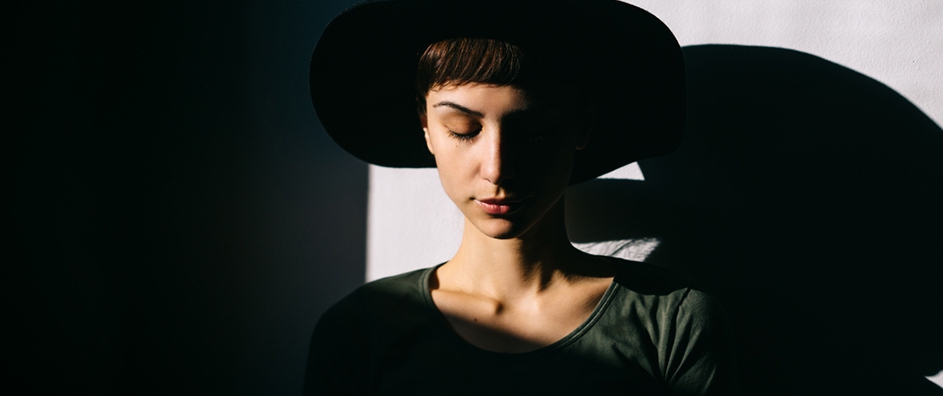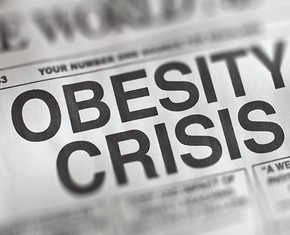The views expressed in our content reflect individual perspectives and do not represent the authoritative views of the Baha'i Faith.
Some of the strongest, most emphatic language in the Baha’i writings refers to the opioids and their unfortunate users.
Abdu’l-Baha said that the use of opioids “layeth in ruins the very foundation of what it is to be human:”
As to opium, it is foul and accursed. God protect us from the punishment He inflicteth on the user. According to the explicit Text of the Most Holy Book, it is forbidden, and its use is utterly condemned. Reason showeth that smoking opium is a kind of insanity, and experience attesteth that the user is completely cut off from the human kingdom. May God protect all against the perpetration of an act so hideous as this, an act which layeth in ruins the very foundation of what it is to be human, and which causeth the user to be dispossessed for ever and ever. For opium fasteneth on the soul, so that the user’s conscience dieth, his mind is blotted away, his perceptions are eroded. It turneth the living into the dead. It quencheth the natural heat. No greater harm can be conceived than that which opium inflicteth. Fortunate are they who never even speak the name of it; then think how wretched is the user. – Abdu’l-Baha, Selections from the Writings of Abdu’l-Baha, pp. 148-149.
If you’ve ever known a heroin or opium addict, or had that terrible disease strike someone in your own family, you know exactly what Abdu’l-Baha means in this passage. Opioid addiction attacks the most fundamental parts of the human character, and can turn people into unrecognizable versions of their former selves. It can make life a living hell for users and the people around them. Let me tell you a frightening story about two heroin addicts whose daughter I know, and if you haven’t had any experience with opioid addiction, it will give you a sense of what it means.
When my friend grew up, her parents belonged to an outlaw motorcycle club. As a young girl, she had a fairly uneventful childhood, going to school and playing with her classmates. But then her parents, who had been supporting themselves by dealing heroin to others both inside and outside the club for several years, started using their own product. My friend was about 12 years old at the time, and when she came home from school, she would often encounter both of her parents “on the nod”—drowsy or even completely passed out from the effects of the drug.
When that happened, she soon realized, she was on her own. Her parents could not protect her. When men came to the house to buy heroin, they would find only one person conscious—my friend. I won’t go into the details, but she suffered greatly during that period. If you can imagine it, she went through it, a horror story of truly terrible proportions. Her parents’ customers warned my friend that they would kill her and her parents if she ever said a word about what happened, so she stayed silent.
Later on, though, when she was in high school, she learned that her parents were both aware of what had been happening in their house all along—and had knowingly “traded” their daughter for more heroin.
O ye lovers of God! In this, the cycle of Almighty God, violence and force, constraint and oppression, are one and all condemned. It is, however, mandatory that the use of opium be prevented by any means whatsoever, that perchance the human race may be delivered from this most powerful of plagues. – Ibid., p. 149.
After their daughter finally confronted them with their crimes, both of my friend’s parents committed suicide, unable to live with the guilt, with their addiction or with the terrible toll it took on their family.
Yes, I know, it’s a truly horrible story. My friend has not recovered. She’s an adult now, and she has bravely managed to get the therapy she needed, but her psychological scars have never really healed, and the happiness most people manage to find in life has eluded her. She never used any opioids herself, but she bears the crippling weight of the drug and its effects every day of her life.
When the Baha’i teachings say that opioids can cause the death of the human conscience, both my friend and I can testify to the truth of that statement. In war, in hospitals, in treatment programs and on the streets, I’ve personally seen what opioids eventually do to people’s lives, often turning the living into the spiritually dead. If you’ve ever seen any of the zombie movies, you might want to think about what they actually symbolize.
Studies show that opioid addiction alters the interactions between the midbrain regions like the ventral tegmentum and the nucleus accumbens—the motivation and pleasure centers of the brain. Opioid addiction also affects portions of the prefrontal cortex, which mediates decisions and helps determine our core moral guidelines and priorities. Together, these neural regions in that little three-pound universe in our heads help determine what we value—and in advanced opioid addiction, often the only value that ultimately remains is the drug itself.
Make no mistake—none of this means that addicts aren’t human. Addicts can and do recover. I’ve met many wonderful, kind, sensitive souls who did. Those who recover usually go on to live full, fruitful lives. The true story of opioid addiction has to include the millions of people who have successfully stopped using and who happily remain free of its spiritual curse today.
Also—don’t let the old stereotype of an opioid addict mislead you. TV shows and films often portray opioid addicts as shambling, incoherent junkies, but today the opioids have invaded every social strata, class and race. It’s largely a hidden addiction, too, so the woman who manages the bank or your stockbroker in his suit and tie or the neighbor kid next door could be addicts just as easily as the homeless guy on the corner. No matter who they are, though, opioid addicts all had a life before they began using, and have the potential for deeply fulfilling and spiritual lives after they stop.
But despite that recognition, we need to understand what a serious cost addiction extracts from the soul. Abdu’l-Baha wrote in a letter to an individual Baha’i, that in the case of opioids “… the user, the buyer and the seller are all deprived of the bounty and grace of God.”
I hope that you and everyone you know, as Abdu’l-Baha said, remain fortunate enough to never speak its name.
You May Also Like
Comments

















Baha'u'llah was very perceptive in identifying the corrupting influence that such narcotics can have, at a relatively early time.
The plant Kratom, although not in any way derived from the Poppy plant, affects many similar pathways in the brain. However, it is much less dangerous to the body and brain as far as side effects. I know of many addicts who have been able to regain control of their lives by making this substitution. ...I wonder how other Bahai's would interpret this usage. I would support it but certainly with the end goal of getting off it altogether.